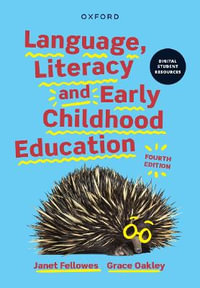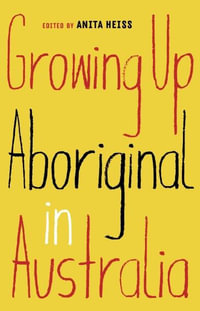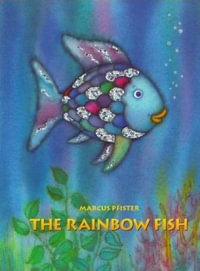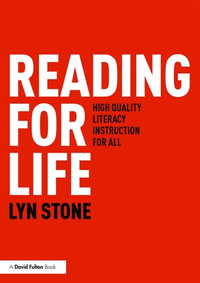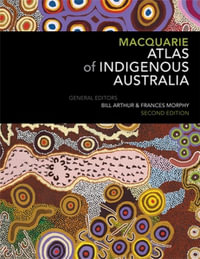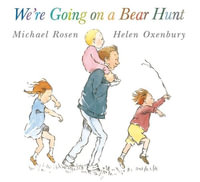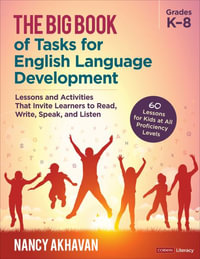
Education and the Rise of the Global Economy
By: Joel Spring
Paperback | 1 September 1998 | Edition Number 1
At a Glance
Paperback
RRP $67.99
$55.25
19%OFF
Aims to ship in 7 to 10 business days
ISBN: 9780805830132
ISBN-10: 0805830138
Series: Sociocultural, Political, and Historical Studies in Education
Published: 1st September 1998
Format: Paperback
Language: English
Number of Pages: 248
Audience: Professional and Scholarly
Publisher: Taylor & Francis Ltd
Country of Publication: US
Edition Number: 1
Dimensions (cm): 22.86 x 15.24 x 1.32
Weight (kg): 0.34
Shipping
| Standard Shipping | Express Shipping | |
|---|---|---|
| Metro postcodes: | $9.99 | $14.95 |
| Regional postcodes: | $9.99 | $14.95 |
| Rural postcodes: | $9.99 | $14.95 |
How to return your order
At Booktopia, we offer hassle-free returns in accordance with our returns policy. If you wish to return an item, please get in touch with Booktopia Customer Care.
Additional postage charges may be applicable.
Defective items
If there is a problem with any of the items received for your order then the Booktopia Customer Care team is ready to assist you.
For more info please visit our Help Centre.




